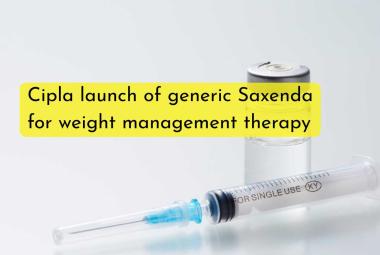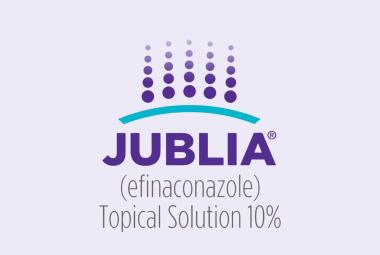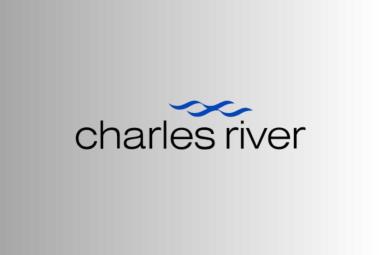U.S. Food and Drug Administration granted accelerated approval for Darzalex (daratumumab) to treat patients with multiple myeloma who have received at least three prior treatments. Darzalex is the first monoclonal antibody approved for treating multiple myeloma. Darzalex is marketed by Janssen Biotech of Horsham, Pennsylvania.
[adsense:336x280:8701650588]
Multiple myeloma is a form of blood cancer that occurs in infection-fighting plasma cells (a type of white blood cell) found in the bone marrow. These cancerous cells multiply, produce an abnormal protein and push out other healthy blood cells from the bone marrow. The disease may result in a weakened immune system and cause other bone or kidney problems. The National Cancer Institute estimates there will be 26,850 new cases of multiple myeloma and 11,240 related deaths in the United States this year.
“Targeting proteins that are found on the surface of cancer cells has led to the development of important oncology treatments,” said Richard Pazdur, M.D., director of the Office of Hematology and Oncology Products in FDA’s Center for Drug Evaluation and Research. “Darzalex provides another treatment option for patients with multiple myeloma who have become resistant to other therapies.”
[adsense:468x15:2204050025]
Darzalex injection, given as an infusion, is a monoclonal antibody that works by helping certain cells in the immune system attack cancer cells.
The safety and efficacy of Darzalex were demonstrated in two open-label studies. In one study of 106 participants receiving Darzalex, 29 percent of patients experienced a complete or partial reduction in their tumor burden, which lasted for an average of 7.4 months. In the second study of 42 participants receiving Darzalex, 36 percent had a complete or partial reduction in their tumor burden.
Darzalex was approved under the agency’s accelerated approval program, which allows the approval of a drug to treat a serious or life-threatening disease based on clinical data showing the drug has an effect on a surrogate endpoint reasonably likely to predict clinical benefit to patients. This program provides earlier patient access to promising new drugs while the company conducts confirmatory clinical trials.













